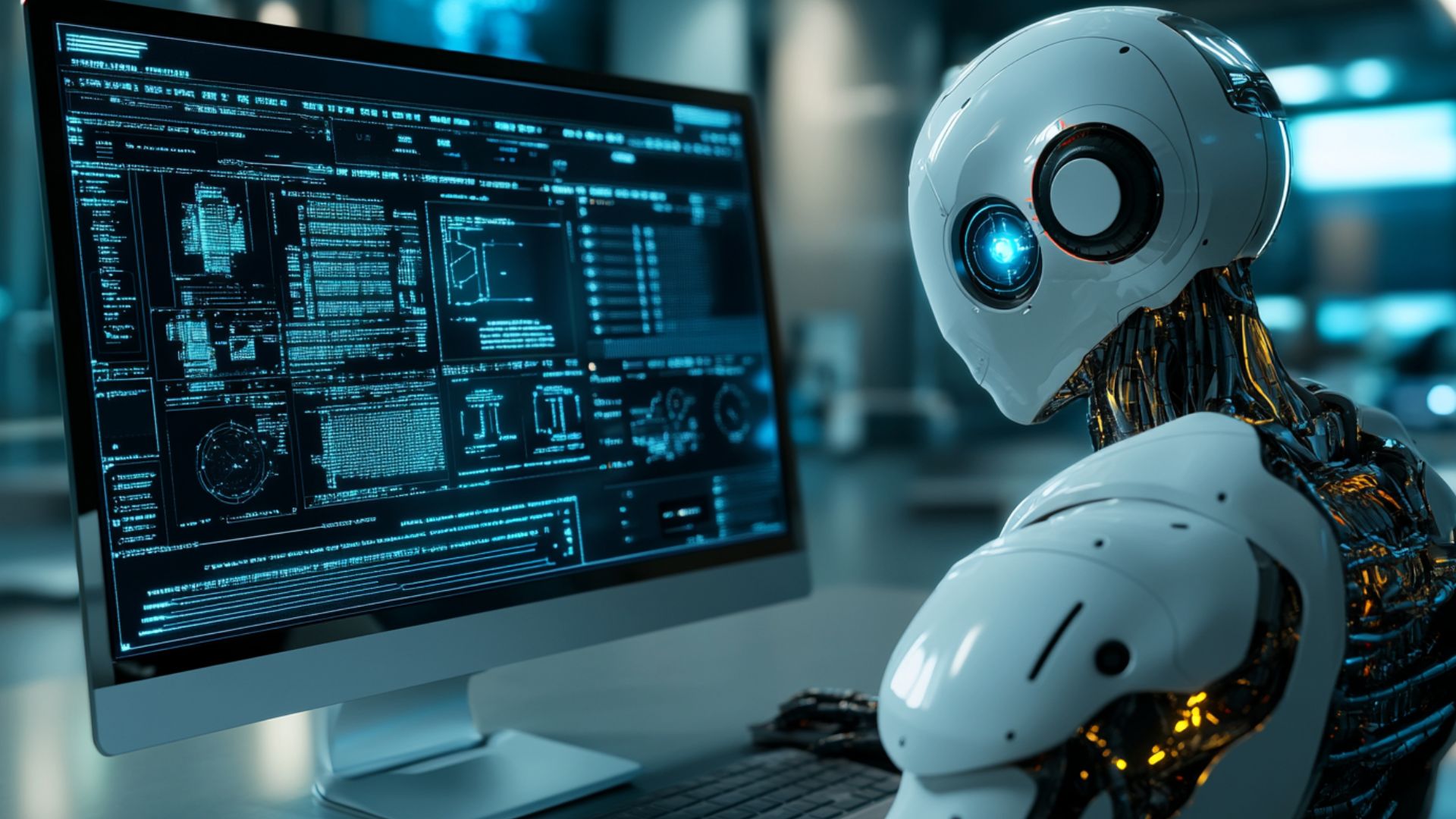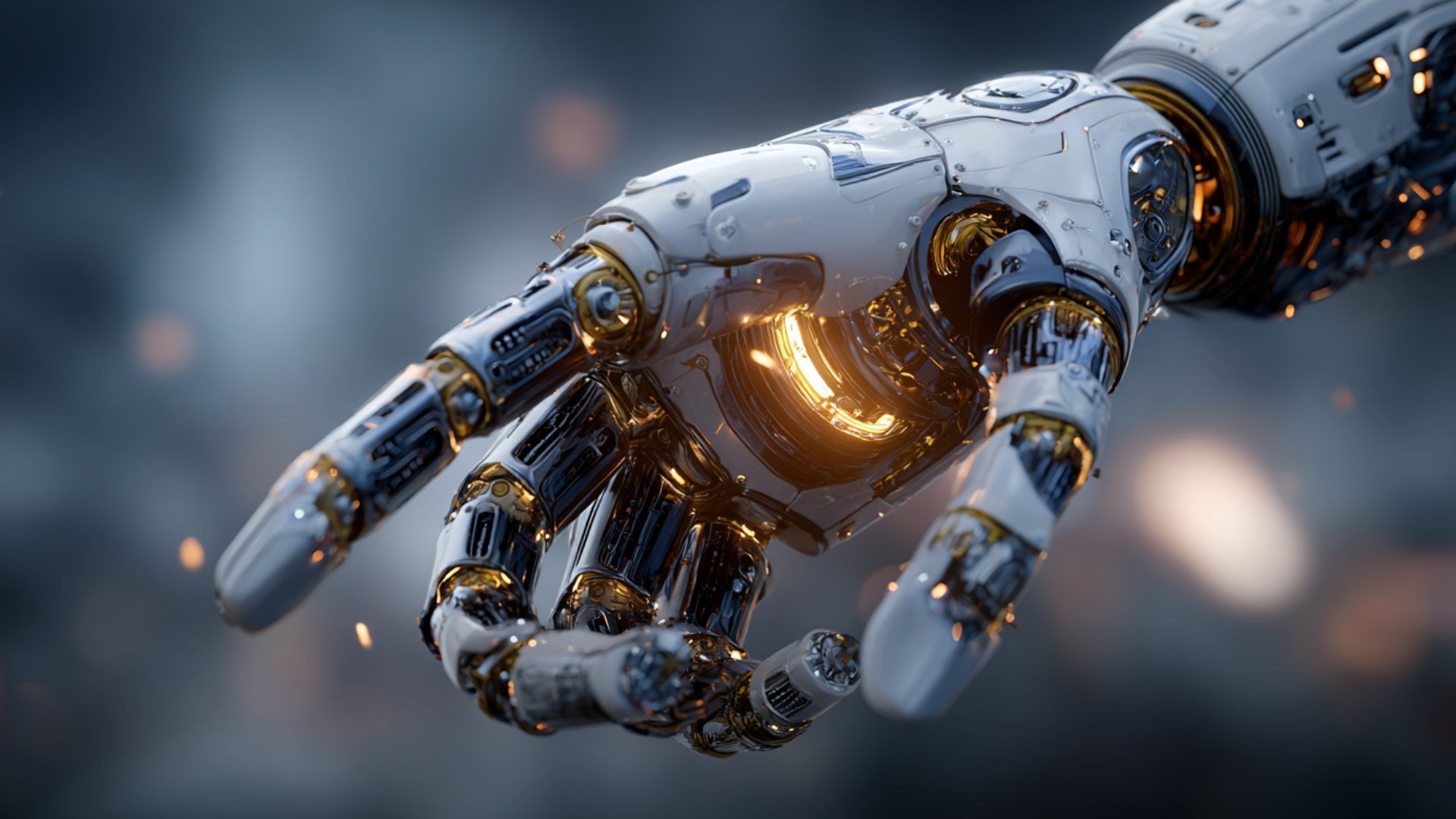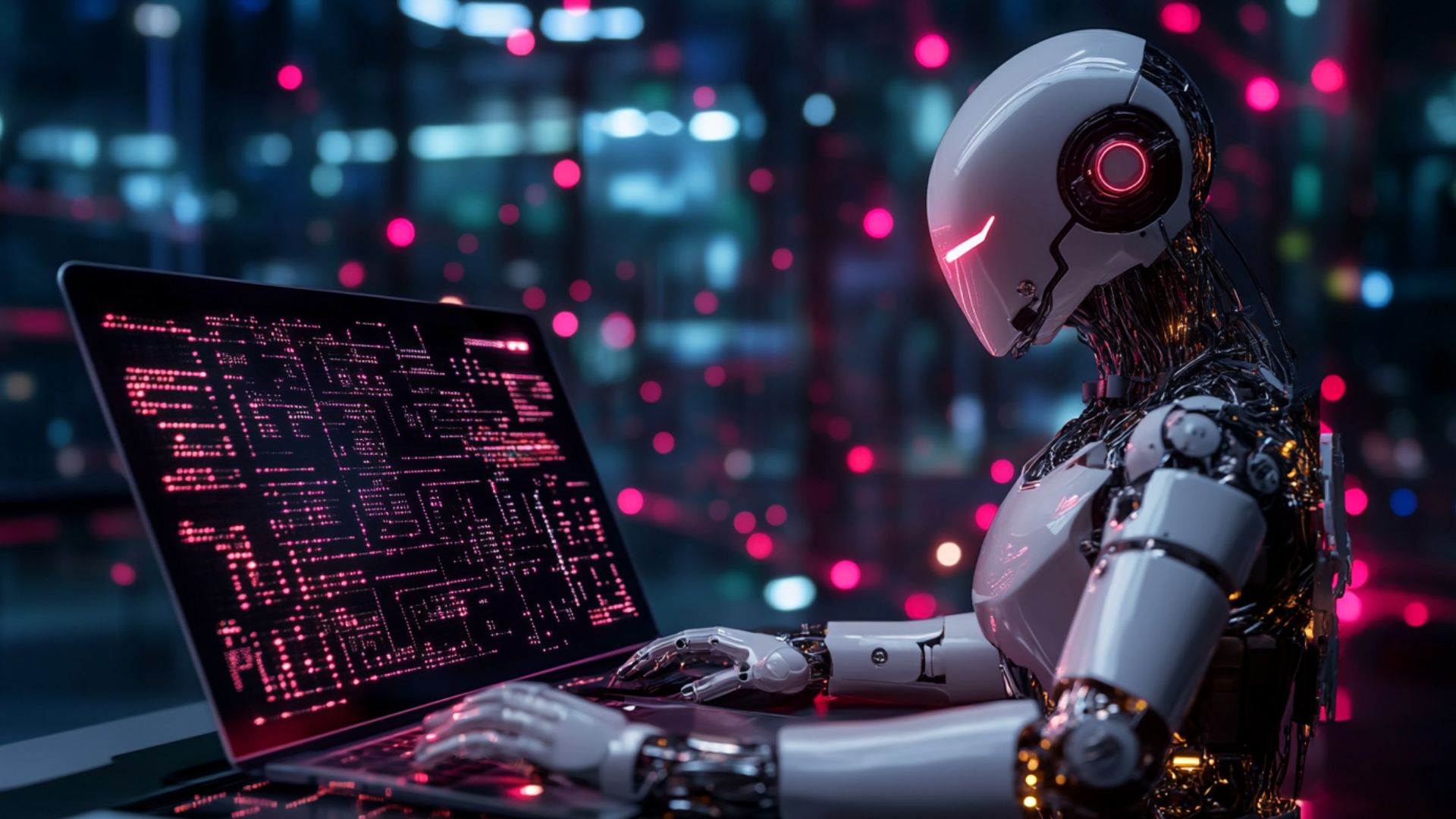Defining AI Agents: The Backbone of Intelligent Digital Workers

In the 21st century, artificial intelligence has exploded in our world. Artificial intelligence has conquered almost every sphere of our lives and is not stopping. Nowadays, a robot that creates cocktails or helps treat people is no surprise to anyone. These are agents that work based on AI. And it's these agents that power everything we use. From virtual assistants to complex algorithms.
If you parse and define intelligent agents in an artificial intelligence ecosystem, it is a complex software object. To put it even more simply, it's a system that mimics real human behavior. For example, chatting in a chatbot makes you realize it's a robot. It's a programmed robot that learns as it communicates with each person. So, you feel more comfortable communicating when the robot is communicating on par with you. Because of this adaptability, they can be integrated into entirely different systems. And the true power is that they learn and improve over time.
So, we invite you to delve into the realm of AI agents. Let's explore the embodiment of advanced technology and human ingenuity. After all, in essence, AI agents are the silent architects of our digital future. And it is shaping the world now because intelligence knows no boundaries.
What Are AI Agents?
AI agents are software objects. They allow machines to make autonomous decisions and perform actions. Their great advantage is that they work autonomously, analyzing data and making choices. Unlike traditional software, AI agents possess learning capabilities that evolve over time. They adapt to changing circumstances, enhancing efficiency and productivity. These agents exhibit intelligence, mimicking human-like behavior in their interactions.
The distinguishing features of defined agents in AI include autonomy and adaptability. They function without constant human intervention, responding to stimuli on their own. In addition, AI agents learn from experience, improving their performance over time. Their ability to process vast amounts of data sets them apart from others. It allows them to make complex decisions.
Another key aspect is their interaction with the environment. AI agents perceive and interpret information, acting based on their understanding. This real-time responsiveness enhances their utility in dynamic settings. Furthermore, AI agents exhibit flexibility by adjusting their actions to suit different scenarios.
AI agents revolutionize software functionality by introducing autonomy, adaptability, and intelligence. They represent a paradigm shift in the way machines interact with their environment. You are transforming a new era of innovation and efficiency.
The Spectrum of AI Agents
Artificial intelligence agents span the spectrum. From basic rule-based bots to advanced learning and cognitive agents. Rule-based bots follow pre-defined instructions. Learning agents improve by analyzing data.
When we define intelligent agents in AI, cognitive ones mimic human thought processes by making complex decisions. Simple bots handle routine tasks, while self-learning agents adapt to new situations.
All of these diverse AI agents combine to create intelligent digital workers:
- Rule-based bots streamline repetitive tasks, freeing humans from higher-level activities.
- Learning agents enhance efficiency by continuously optimizing processes.
- Cognitive agents tackle complex challenges, offering insights and solutions beyond traditional programming.
Together, they form a dynamic workforce capable of tackling diverse tasks with speed and precision.
Intelligent Agents in AI: Beyond Basic Automation
Intelligent agents in AI are entities capable of learning from data. They can adapt to new situations and make complex decisions. Unlike basic automation, these agents have cognitive abilities. It allows them to analyze information and adjust actions in significant ways. They can recognize patterns, anticipate outcomes, and evolve.
When you define AI agents, remember that they greatly empower digital workers. Agents increase productivity and optimize workflows. By harnessing the power of AI, digital workers become more efficient and adaptive. They can solve increasingly complex problems in today's dynamic environments.
Agent Functionality in the AI Ecosystem
In the AI ecosystem, AI agents fulfill different roles and functions. Some agents specialize in data analysis, collecting and processing information from various sources. Others participate in decision making through algorithms. In addition, there are agents responsible for performing tasks.
Interaction and communication standards are crucial for defining agents in AI. Standardized protocols ensure seamless communication between agents and systems. It facilitates data sharing and collaboration. This interoperability allows agents to work together effectively, leveraging each other's strengths. It also promotes scalability and flexibility. That is, the ecosystem adapts to changing requirements and adopts new technologies.
AI Agents as the Foundation of Intelligent Digital Workers
Parsing defines agent function in artificial intelligence, and then it is the cornerstone of intelligent digital workers. You can easily integrate them into digital worker platforms. Using advanced algorithms and agents allows you to perform tasks efficiently. At the same time, there is no need for human intervention. Across industries, AI agents have proven their value in empowering digital workers:
- In healthcare, they assist in diagnosing diseases and recommending treatment plans.
- In finance, they automate trading strategies and detect fraudulent activities.
- Moreover, in manufacturing, they optimize production processes and predict equipment maintenance needs.
In each scenario, AI agents play a pivotal role in augmenting digital workers' performance and driving efficiency.
Deploying AI Agents: Key Considerations
When implementing AI agents as part of your digital workforce, you need to consider a few key points:
- First, you need to analyze the ethical implications carefully. You will realize that AI agents operate by moral and legal standards.
- Robust security measures need to be in place to protect sensitive data.
- Scalability is another important factor in defining intelligent agents in AI.
- Defining clear goals and requirements in advance using AI agents is essential.
- Thorough testing and validation are what you need to do. It will allow you to ensure that the deployed agents are reliable and effective.
- Finally, it would help if you had ongoing monitoring and maintenance to address any issues that arise and optimize the performance of AI agents over time.
Future Trends in AI Agent Development
Future developments in defining agent functions in artificial intelligence have the potential to revolutionize. One area of development is the emotional intelligence of AI agents. It will allow them to understand better and respond to human emotions. This improvement will facilitate more natural and empathic interactions. It will promote better collaboration and productivity.
In addition, researchers continue to research in front of their machine learning models. Then, artificial intelligence agents will become even more adept at processing analysis. These advances will allow digital workers to make more accurate predictions and draw deeper insights. As AI agent technology advances, the possibilities for improvement become limitless. It promises unprecedented innovation and productivity in the future.
Conclusion
In conclusion, the potential for improvement is enormous as we look into the future of defining AI agents. To capitalize on these opportunities and stay ahead in the digital landscape, it's worth exploring the possibilities of Newo.ai. With its advanced AI technology, Newo.ai offers a powerful platform for developing AI agents. They have the potential to revolutionize the digital workforce. Don't wait - act now and unlock the full potential of AI agents with Newo.ai. Your future success is waiting for you!
FAQ
AI agents are autonomous and adaptive. It allows them to make autonomous decisions and learn from their experiences. Unlike traditional software, they can analyze data and improve performance over time.
AI agents play a key role in various industries. They automate repetitive actions, predict the future in different fields, and do similar things. It helps in increasing the productivity of digital workers. They help in improving efficiency and productivity.
When implementing AI agents, it is important to consider ethical aspects and security measures. Remember to conduct thorough testing and validation.


